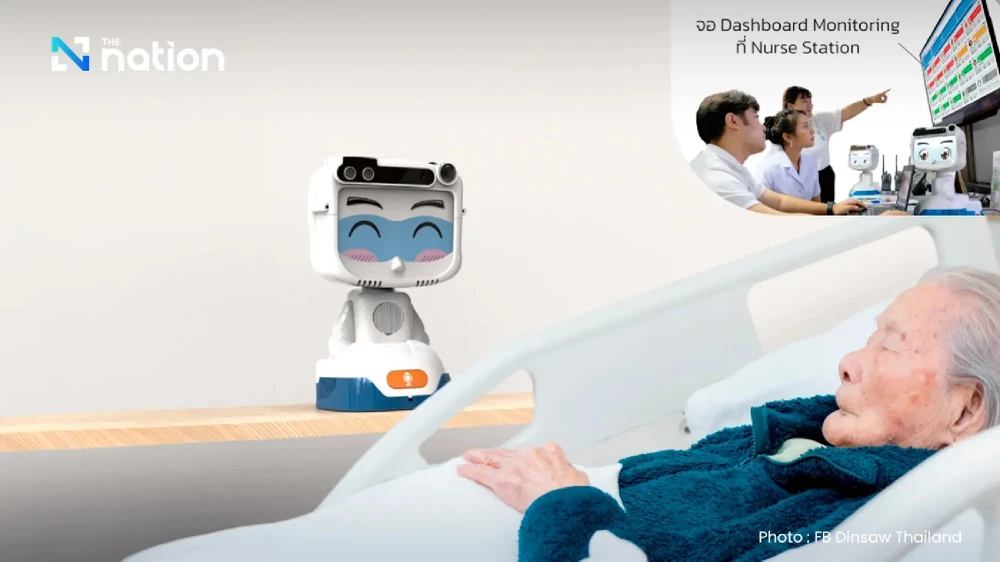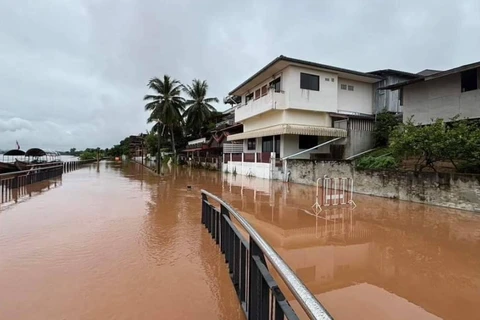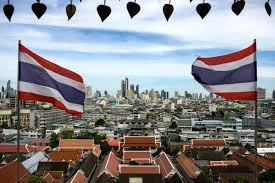
Bangkok (VNA) - Thailand’s latest AI-powered Dinsaw robot, the “Home AI Assistance”, is expected to play a crucial role in providing healthcare to the elderly at home, as reported by the local English-language daily online newspaper The Nation.
Introduced recently by CT Asia Robotics, the robot aims to address challenges posed by an ageing society, which has led to an increase in bedridden seniors and a shortage of caretakers.
Chalermpon Punnotok, the company’s founder and CEO, explained that this robotic assistant can help ease stress and loneliness among the elderly, while facilitating their medical treatment.
It can provide round-the-clock care, allowing seniors to communicate with medical staff via the monitor for treatment prescriptions or ambulance services.
Key features include a callback system to notify medical staff or relatives, real-time monitoring accessible via smartphones or laptops and a vital signs function for collecting patient data.
“This Dinsaw robot model will act like a living creature, reminding the elderly to take their medications and relieving their stress with music, dharma teachings or memory games,” Chalermpon was quoted by The Nation as saying.
Chalermpon said he believes Thailand has the potential to compete in the international robotics arena, stating, “We should leverage our strengths to produce AI that meets the future needs of our ageing society, thereby boosting the country’s value.”./.






















